No products in the cart
Green Age
Green-Age fair trade jewellery is beautiful and original. Their materials: vegetable ivory and orange peel. These jewels are very pleasant to wear. They are light and adapt to body temperature, for a unique feeling of lightness. With various shapes and colours these ecological jewels will allow you to brighten up all your outfits with originality!
Showing all 24 results
-

Blood red tagua nut necklace GREEN AGE
23,00€ Add to cart -
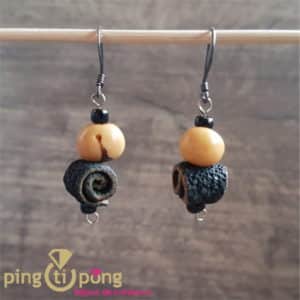
Dark green orange peel earrings GREEN-AGE
18,00€ Add to cart -
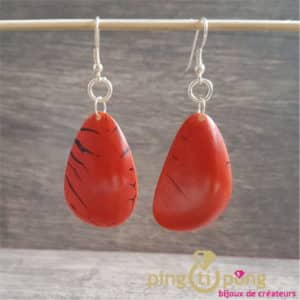
Earrings in bright orange tagua GREEN AGE
24,00€ Add to cart -
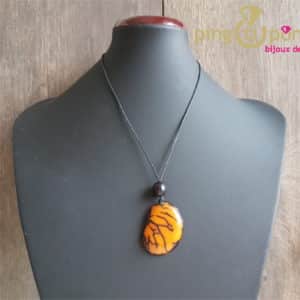
Fair Trade Jewelry Green Age ecological necklace in yellow tagua, vegetable ivory
14,00€ Add to cart -
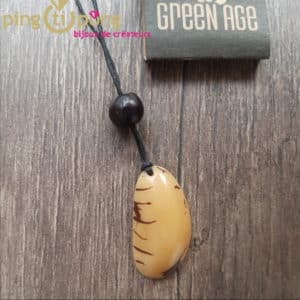
Fair trade jewelry necklace in natural tagua from GREEN-AGE
14,00€ Add to cart -
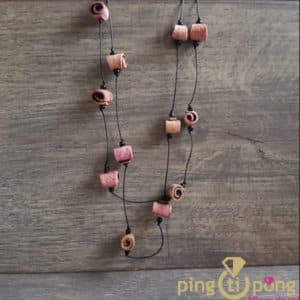
Green Age Lilac orange peel necklace
24,00€ Add to cart -
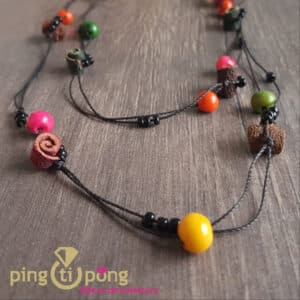
Green Age long necklace in orange peel and tagua nuts
22,00€ Add to cart -
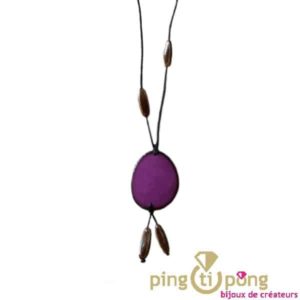
Green Age long necklace in purple Tagua nut and cotton
23,00€ Add to cart -
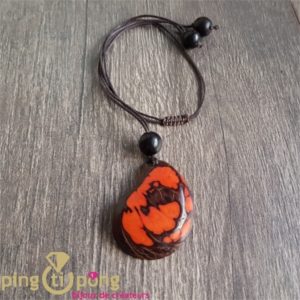
Green Age Zebra ecological necklace in orange tagua and cotton
14,00€ Add to cart -

Green Green Tagua nut earrings from GREEN-AGE
24,00€ Add to cart -
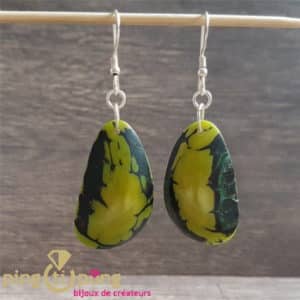
Green shiny tagua earrings – GREEN AGE
24,00€ Add to cart -
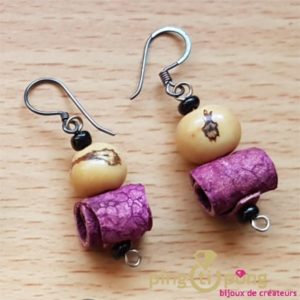
Green-Age – Orange skin and pink tagua earrings
18,00€ Add to cart -
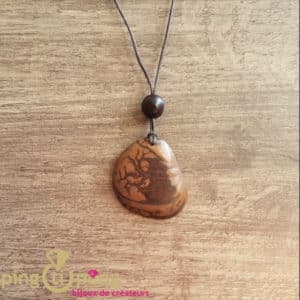
Green-Age original ecological necklace in beige tagua
14,00€ Add to cart -
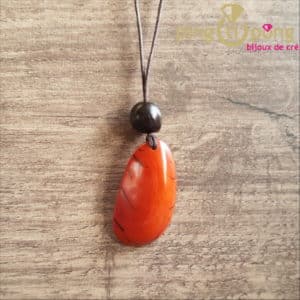
Green-Age plant necklace in orange tagua
14,00€ Add to cart -
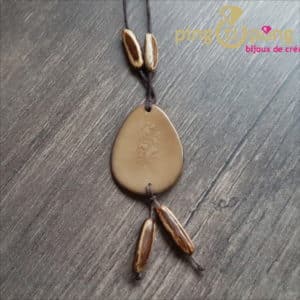
Long necklace “medal” in beige tagua nut and waxed cotton GREEN AGE
23,00€ Add to cart -
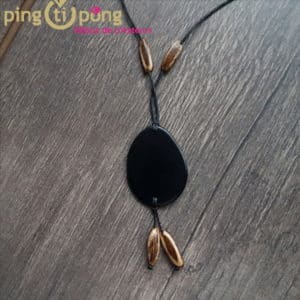
Long necklace GREEN AGE in black tagua nuts
23,00€ Add to cart -
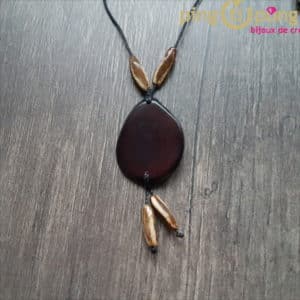
Long necklace made of tagua nuts “medal” colour wine lees
23,00€ Add to cart -
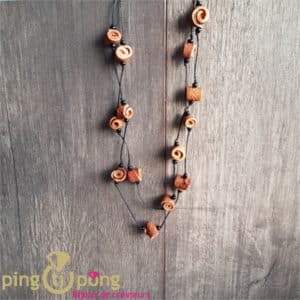
Necklace GREEN-AGE made of real orange peel tinted orange skin
24,00€ Add to cart -
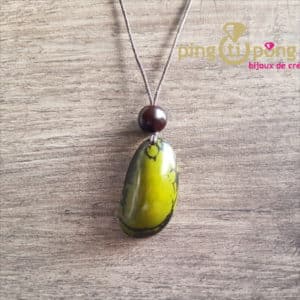
Necklace made of shiny green vegetal ivory and waxed cotton link
14,00€ Add to cart -
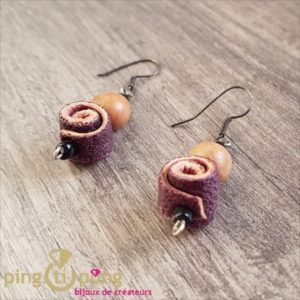
Orange peel and Tagua nut earrings GREEN AGE
18,00€ Add to cart -
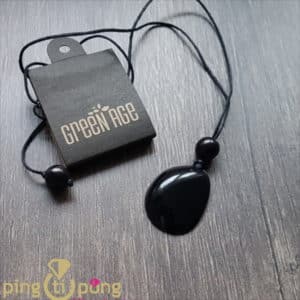
Original ecological necklace Green Age Conche in black tagua
14,00€ Add to cart -
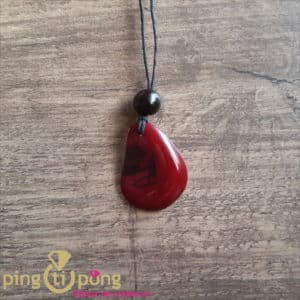
Original fair trade necklace Conche in red tagua
14,00€ Add to cart -
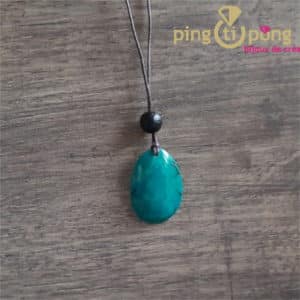
Original Green-Age ecological necklace in turquoise tagua
14,00€ Add to cart -
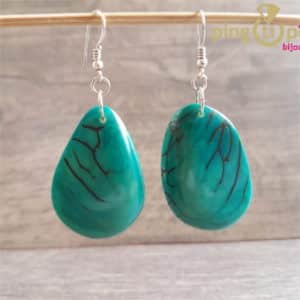
Vegetable ivory turquoise and silver earrings GREEN AGE
24,00€ Add to cart
Ecological natural jewellery from fair trade. Green-Age jewellery is beautiful and original fair trade jewellery. Their materials: tagua nut: vegetable ivory and orange peel. These ethical jewels are very pleasant to wear. They are light and adapt to body temperature, for a unique feeling of lightness. With various shapes and colours, these ecological jewels will allow you to brighten up all your outfits with originality! Natural fair trade jewellery: jewellery made of vegetal ivory and organic materials Green-Age is a creator of natural jewellery who is very involved in an eco-responsible approach: it uses natural materials from the harvest without cultivation: the tagua nut (also called vegetal ivory). This nut grows on palm trees, the exploitation of which allows the inhabitants to live and preserve their environmental conditions. Moreover, with this ethical commitment, their actions allow the preservation of their natural environment which is the tropical rainforest. It also helps to fight against deforestation and the massacre of elephants by offering a product that is very close to elephant ivory in terms of visual appearance and hardness. In addition, with a simple waste recovery process, the orange peel is tanned and treated. Like leather, it becomes a rot-proof material as original as it is beautiful. It is then worked to make ethnic jewellery with colourful inspirations, and the cotton used for bracelets and necklaces is organic cotton. All Green-Age jewellery and raw materials are fair trade, so you can wear exotic jewellery and contribute to a sustainable and fair trade approach. What is “fair trade jewellery”? Fair trade jewellery is jewellery that has been produced in a fair way. That is to say by respecting the local populations, so that they can make a decent living from the fruits of their labour and so that the purchase prices are not, neither pulled down nor devalued by the call for unfair competition, as for example by selling industrial products by making people believe that they are handcrafted products. Jewellery is of course no exception to this rule. Fair trade jewellery is handmade jewellery. Fair trade jewellery is usually earrings, necklaces or rings from developing and less industrialised countries. This is the case for example in African countries, but also in Central America, India etc… In reality they are often countries where, unlike France, the cost of labour is much lower than that of mechanisation. This is even more true when we talk about jewellery because it is often small series which do not justify mechanisation for mass production. In this field even major brands producing in France such as GAZ produce by hand. Let’s not even talk about the big jewellers, for Van Cleef and Arpels, Cartier, Boucheron, for all these big brands, the production of unique jewellery is essential to justify the price of their most beautiful jewels. And even at the big jewellers you can find some of the lower end and mass-produced products. Ecology at the heart of the system. If a fair trade jewel is a handcrafted jewel, it must also respect the environment and respect the local ecosystem. Simple and locally produced materials, low-pollution manufacturing processes, a revaluation of local habitats, fauna and flora are all important values for the harmonious development of local populations. It is out of the question to simply increase the remuneration of local craftsmen if it is so that at the same time pollution and deforestation destroy habitat conditions or local food sources and make people even more dependent. So it is if possible to go even further than ecology, and not to preserve nature but to really develop a human-nature ecosystem where each finds an advantage in making the other prosper. When you buy an ecological jewel, this is partly what you are buying, so a large part of the selling price is used to remunerate the local populations and help develop their ecosystem. We are the opposite of the waste countries where our rich and developed countries take advantage of weak economic situations to get rid of their pollutants. On the contrary, on the strength of our experience and our scientific know-how in biology, we operate to make them forget our past mistakes. Fair production and fair trade.
Moreover, with this ethical commitment, their actions allow the preservation of their natural environment which is the tropical rainforest. It also helps to fight against deforestation and the massacre of elephants by offering a product very close to elephant ivory in terms of visual appearance and hardness. In addition, with a simple waste recovery process, the orange peel is tanned and treated. Like leather, it becomes a rot-proof material as original as it is beautiful. It is then worked to make ethnic jewellery with colourful inspirations, and the cotton used for bracelets and necklaces is organic cotton. All Green-Age jewellery and raw materials are fair trade, so you can wear exotic jewellery and contribute to a sustainable and fair trade approach. What is “fair trade jewellery”? Fair trade jewellery is jewellery that has been produced in a fair way. That is to say by respecting the local populations, so that they can make a decent living from the fruits of their labour and so that the purchase prices are not, neither pulled down nor devalued by the call for unfair competition, as for example by selling industrial products by making people believe that they are handcrafted products. Jewellery is of course no exception to this rule. Fair trade jewellery is handmade jewellery. Fair trade jewellery is usually earrings, necklaces or rings from developing and less industrialised countries. This is the case for example in African countries, but also in Central America, India etc… In reality they are often countries where, unlike France, the cost of labour is much lower than that of mechanisation. This is even more true when we talk about jewellery because it is often small series which do not justify mechanisation for mass production. In this field even major brands producing in France such as GAZ produce by hand. Let’s not even talk about the big jewellers, for Van Cleef and Arpels, Cartier, Boucheron, for all these big brands, the production of unique jewellery is essential to justify the price of their most beautiful jewels. And even at the big jewellers you can find some of the lower end and mass-produced products. Ecology at the heart of the system. If a fair trade jewel is a jewel When the raw materials are not produced locally, for example cotton which is not produced everywhere but is used in the manufacture of necklaces, it is mandatory that it is produced fairly as well. Always with a concern for ecology, it must also be produced as close as possible to the region where the jewellery is made. That is to say at least on the same continent. We continue the approach with the possible packaging and transport or we prefer longer and cheaper transport in value as well as in carbon. Wearing fair trade jewellery Obviously what counts for a piece of jewellery is that I like it, a piece of jewellery is a “coup de coeur” or at worst the essential fashion accessory to go with an outfit. But I like to wear my jewellery often, so I prefer to buy a slightly more expensive piece of jewellery, but the quality of the touch and the materials should be as good as plastic. Once the jewel with the look and the colour of hell found it only remains to order it (if internet) or to try it. Well I must admit that most of my fair trade jewellery I found on the internet, because on the one hand a street shop specialising in the sale of fair trade jewellery does not easily find its customers but also because I do not like to travel for nothing. And then, thanks to the fact that you can have the jewellery taken back within 15 days, the risk is nil. Moreover, I have almost never sent back a piece of jewellery ordered on the internet because I have had very few unpleasant surprises. Fair trade, social and solidarity economy. TierraUNA’s economic project is part of an approach that emphasises the notions of sharing, equity, solidarity and respect for man and the environment. Buying or selling must be assumed as a responsible act that has social, environmental and economic consequences at the global level. This philosophy is reflected both in the choice of products that TierraUNA distributes in its shop and in its actions to raise awareness among consumers. The notion of “fair trade” has become commonplace and sometimes becomes a mere sales argument. TierraUNA likes fair trade, which takes into account the whole chain from the producer to the final consumer.
Thus, the selling price of each product must allow all the players in a sector to make a dignified living from their work. Organic and responsible, fairness for all and everywhere. A fair economy must not be limited to North-South exchanges. It is fundamental to speak of a fair trade without borders in which North-North and South-South exchanges also have their place. This is how TierraUNA presents French and European products supplied directly by producers engaged in responsible approaches. Organic production is essential but insufficient within the framework of a responsible and sustainable approach. For example, because of the negative impact of palm oil production on the environment and on local populations, TierraUNA refuses to talk about products containing it, even if it is certified organic. Consumers and distributors must advocate for the social responsibility of agricultural production, particularly in the context of organic farming. Trust and transparency. Healthy production should not be limited to food alone, but also to jewellery. Every product, in its production method and in its use, must be safe for the producer and for the consumer. A sustainable partnership built in a relationship of mutual trust must guarantee the transparency of the practices of each of the players in a sector. In this sense, TierraUNA attaches particular importance to contact and dialogue with partners. Products that tell a story TierraUNA presents products, necklaces, rings or bracelets that are not the result of an anonymous mass activity. A handcrafted object conveys the sensitivity and socio-cultural background of the person making it. Craftsmanship is a vector that allows us to discover the other, to understand them and to enrich ourselves with their knowledge and their view of the world. The development of fair and sustainable sectors, a diversity of products within the framework of responsible production and consumption, awareness-raising actions, and a high quality of welcome are for TierraUNA essential elements in the construction of a new economy.



